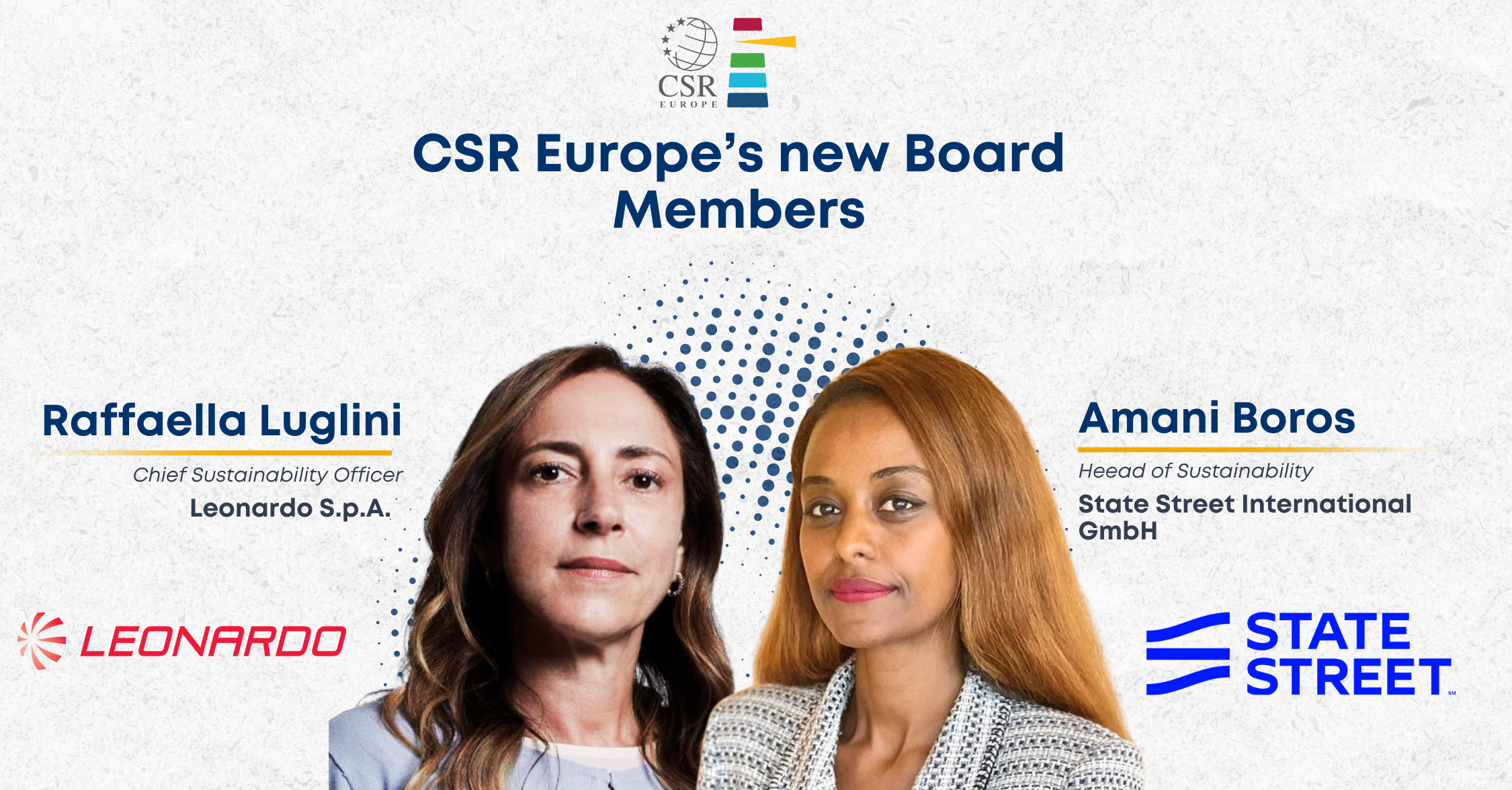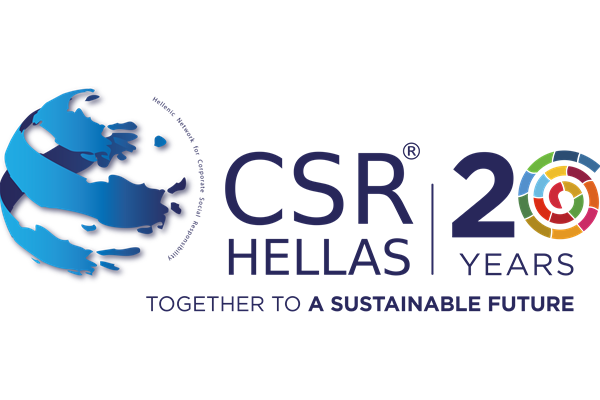Sustainability taking a turn: to its essence
After years of focus on compliance and dealing with complexities of regulation, companies spoke out strongly about the added value of sustainability, how to make it a driver for enhanced competitiveness, resilience and security in Europe and the world
It is about the added value
Under the leadership of its new Board of Directors, CSR Europe has prioritized this change in its Roadmap towards 2030: If we want sustainability to be a productive force, sustainability practitioners inside companies, need to strengthen their link and their integration with the business. The opportunity side of sustainability is the priority area to pay attention to.
Since its creation, now 30 years ago, CSR Europe was a driven by the mission that sustainability is a driver for long term growth. Sustainability should not be an obligation but a way companies shape their business outputs and processes in such manner that products and services that come to the market support the transition to a more sustainable society.
This did not change – but now, given the current geo-economic context, sustainability became even a more important driver for market growth and the competitiveness of a company.
The key question for each sustainability department should not be “do we have a great Dow Jones score or Ecovadis Gold rating ?” or neither “ did we report in line with the EU reporting standards?” – the key question should be “does our sustainability efforts support and enhance the value creation of our company”? If you can answer that positively , the Board or shareholders will support and provide the means.
Key questions for each sustainability professional
This assignment comes with 4 important questions:
1.Do the company priorities and strategy fit with the social and environmental considerations from key stakeholder ?
2.Is the main objective (and KPI) of the sustainability department its support to business objectives ? E.g. in terms of
Reducing risks
Increased sales
Lower cost of capital
Investments in new R&D efforts
3. Do we have the right capabilities in our business divisions to drive this agenda?
4. Do we engage on this topic with our main customers and suppliers ?
The link between sustainability and market value is a business assignment: that is what strategy is about and it will ask sometimes bold transformations and transitions. And we see that Europe is not the only place, and unfortunately not any more the leader, in this business transformation.
In its offer to its members in 2026 this will be the main theme: how to shape sustainability efforts in such a way that they provide opportunities for the business to thrive.
An enabling policy framework is what is needed
It is in this space as well that our next phase with the European CSO Network will work on: what kind of policy frameworks and measures are needed to enable a business-sustainability friendly ecosystem?
Leading companies and European policymakers agree on the WHAT (decarbonization, just transition, diversity in the workforce, equity, …), it is a matter of making sure that the ecosystem facilitates the HOW, that companies are rewarded for their efforts, that outside competitors are not favored above those who make this investment.
CSR Europe welcomes sustainability-related legislation if:
It helps to create a level playing field
It considers the current level of maturity and integration of sustainability inside companies
The legislation is coherent with all related legislation and leverages what already exists
There are feasible guidelines, providing space for continuous improvements
There is a willingness from the legislator to invest in capacity building and incubation of collaborative efforts
Sustainability and its integration inside the business is an opportunity, not an obligation, it is not a matter of mere compliance or a burden and a cost, … Our member companies have also the experience that the legislative requirements help them – if well defined – to advance inside their companies on this agenda.
Boldness stays required
It is a responsibility for sustainability managers to move to the opportunity side, to be able to respond to the “return on investment” challenge. Sustainability is a pathway to
Reduce costs
Enter new markets or conquer new customers
Have better access to capital because you can demonstrate a higher resilience
Increase supplier engagement towards more innovation
Policymakers are expected to create the enabling frameworks, the conditions so that
Markets are willing and able to take up the offer
Less sustainable solutions are not automatically preferred because they are cheaper
R&S & innovation is promoted
Capital markets are united and focused on sustainable investments
That sectorial and cross-sectorial pre-competitive collaboration is incubated and facilitated.
This is the way forward and CSR Europe is confident that this will support Europe not only in its competitiveness but also in the EU’s original “man on the moon” direction: a bold leap towards a sustainable, resilient and equitable future.
LATEST NEWS








